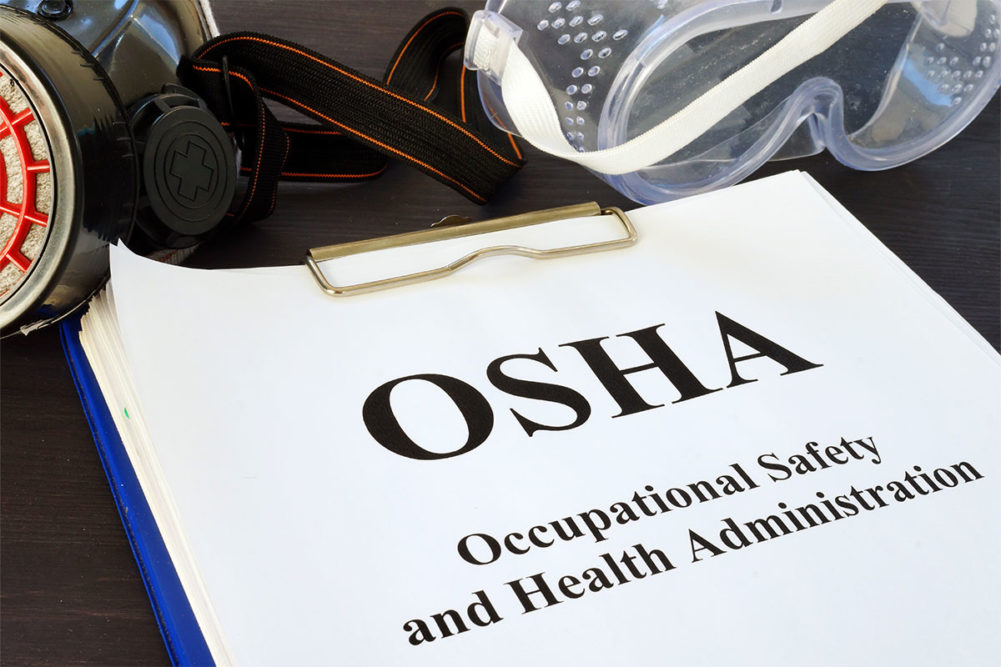KANSAS CITY — The US business community is on sound ground in its strenuous objections to a proposed new rule for inspections to be conducted by the Occupational Safety and Health Administration. A broad coalition of business groups, including the American Bakers Association, rightly insists OSHA should stay focused on workplace safety rather than on union organization.
 Josh Sosland, editor of Milling & Baking News.
Josh Sosland, editor of Milling & Baking News.Source: Sosland Publishing Co.
The group, the Coalition for Workplace Safety, responded to an Aug. 30 OSHA proposal amending its representatives of employers and employees regulation to allow a third-party employee representative to accompany Compliance Safety and Health Officers during OSHA inspections, known as walkarounds.
The coalition traced the origins of the rule to a 2012 request to the Obama administration by the United Steelworkers to allow a union representative to serve as an employee representative at a non-union workplace. The Obama administration responded favorably, issuing a Letter of Interpretation that declared, “a union without a collective bargaining agreement or with a community representative can act on behalf of employees as a walkaround representative so long as the individual has been authorized by the employees to serve as their representative.”
The letter triggered a 2016 lawsuit by a business group and was withdrawn in 2017 by the Trump administration before the matter was resolved. The coalition said OSHA now seeks to accomplish the same objective through rulemaking.
In presenting its case opposing the proposed rule, the coalition begins by raising serious questions about whether the proposed rule is either consistent with the Occupational Safety and Health (OSH) Act or is constitutional. The act requires that inspections and investigations place a “minimum burden on employers” and that representatives authorized by employees may be selected “for the purpose in aiding” OSHA inspections. The coalition said the proposed rule conflicts with the National Labor Relations Act and fails to establish a structure to determine who qualifies as an authorized representative. Citing a Supreme Court precedent, the coalition warned that the Fourth Amendment to the Constitution protects property rights to a degree that would be undercut by the rule.
The coalition also expressed concerns over whether protecting trade secrets would be increasingly difficult with a more permissive approach to the presence of third-party representatives and whether employer liability (in the case of an accident involving the representative) would increase.
While these objections ought to give OSHA pause over the proposal, it is a final, practical objection raised by the coalition that is especially compelling. To keep workplaces safe, OSHA relies on employer cooperation for rapid response investigations and consent inspections to be conducted quickly and efficiently. The group said OSHA conducted nearly 32,000 inspections in fiscal 2022. OSHA should not take for granted the spirit of cooperation making such a volume possible.
If consenting to an OSHA inspection means allowing a third-party union representative or someone else “hostile to the interests of the employer" and unrelated to OSHA’s inspection, the coalition warns “more employers will withhold their consent and force OSHA to petition courts to obtain warrants.”
Far from a hypothetical threat, the group cited a case in which Caterpillar Inc. in 1995 took legal action delaying an inspection 45 days by objecting to the presence of a striking worker as an employee representative.
The new rule would lead to such legal challenges in the future with “much greater frequency,” the coalition said.
By its nature, the relationship between a business and a regulator may be challenging. Changes to the rules governing investigations and inspections should be undertaken prudently with a focus on making the process more effective and/or efficient and always with an eye toward the ultimate goal of enhancing worker safety. OSHA’s proposed rule risks making the inspection process less efficient and undercutting worker safety and ought to be withdrawn promptly.





